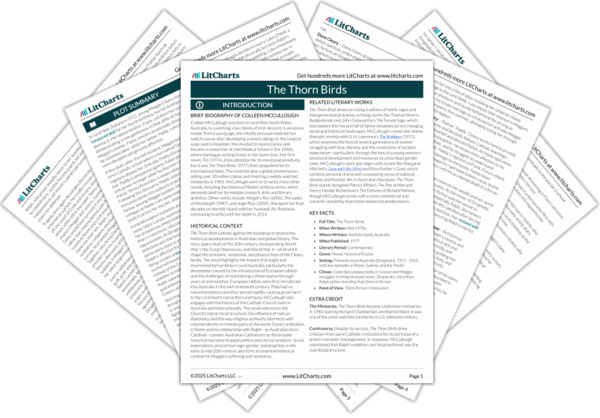Jims and Patsy’s transfer from the deserts of North Africa to the jungles of New Guinea is part of the unpredictable nature of war and the disillusionment that follows. The relentless rain, disease, and oppressive heat replace the clear desert skies, eroding their sense of purpose. Yet, despite their disappointment, the twins cling to a quiet pride in serving Australia. Their willingness to adapt proves their resilience, but it also exposes the emotional toll of a war that offers little glory and endless hardship.
